

Happy salary day. 
Try not to finish it all on suya today. Go grab your Moonshot tickets; we discussed this. 
Since everyone’s getting funded these days, how does a Cohere + AMD tag team stack up against an OpenAI + NVIDIA giant?
Game on, Silicon Valley. Game on.
Let’s dive in.

Venture Capital
PayPal commits $100 million to boost Africa’s digital economy
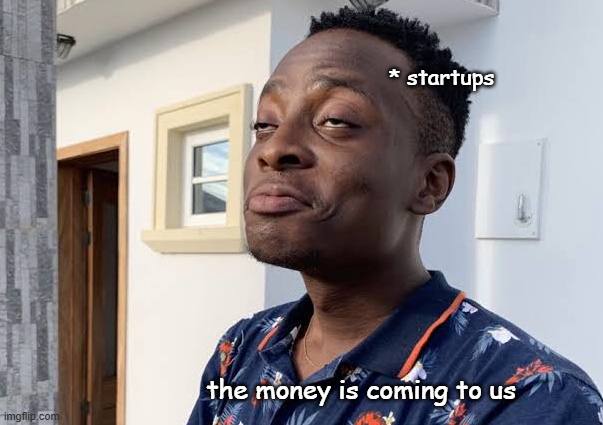
PayPal announced a $100 million multi-year investment commitment across the Middle East and Africa, targeting startups, acquisitions, and infrastructure through its venture arm and direct investments.
The investment comes after the fintech giant opened its first regional hub in Dubai earlier this year to serve as the gateway for expanded operations in Africa. Its portfolio companies include Egyptian payments processor Paymob and Stitch, a South African fintech API provider.
Why does it matter? This is a significant validation for African fintech builders. When a $300+ billion company like PayPal commits $100 million specifically to a region, it signals that the Middle East and Africa are steadily becoming important markets for global payments infrastructure. Visa, another global payments giant, has also pledged $1 billion in Africa by 2027, is working on a data centre in South Africa, and has launched its Africa fintech accelerator to support more startups on the continent.
These moves aren’t purely out of kindness; tech giants are positioning themselves as core infrastructure players in Africa’s fast-growing digital economy. For investors and founders, the surge in international fintech interest is a welcome signal. For the regular person, the real question is whether these increasing interests will translate into better financial services. Time will tell.
eCommerce Without Borders: Get Paid Faster Worldwide
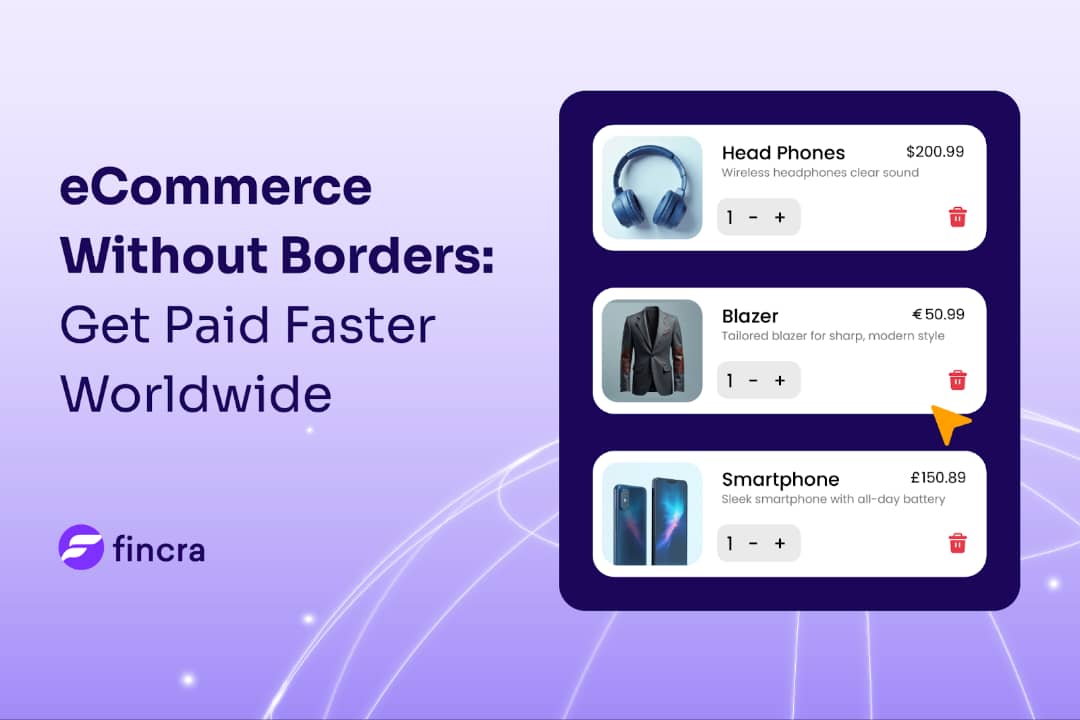
Whether you sell in Lagos or Nairobi, customers want local ways to pay. Let shoppers check out in their local currency, using cards, bank transfers, or mobile money. Set up seamless payments for your global online store with Fincra today.
Fintech
GTCO’s Habaripay grows profit twelvefold

Nigeria’s bank-owned fintech subsidiaries have been hunting for their breakout moment.
For Guaranty Trust Holding Company (GTCO)’s fintech arm, HabariPay, that moment came in H1 2025, where it grew its profit twelvefold to $2.70 million from $217,094 in H1 2022.
It’s almost the same way that Stanbic IBTC’s Zest grew its income fourteenfold to $587,128 in the first half of 2025. But Zest is still running at a loss (the fintech lost $261,525 in H1 2025), and Access Bank’s Hydrogen reported a profit of $190,268 in Q1 2025. This makes HabariPay Nigeria’s most profitable bank-backed fintech.
What’s the growth driver? The surge is powered by stronger merchant activity and transaction volumes. Habari earns revenue from net commissions on merchant transactions and sales margins on bill payments, such as airtime vending and bulk SMS. Add in GTCO’s switching licence that allows it to process transfers directly, and what you get is a business model that scales quickly and keeps more of the transaction economics in-house.
Still, Habari’s growth only accounts for 0.89% of its parent company’s H1 2025 profit, which stands at $301.88 million, and the gap is wider outside bank-backed fintechs.
Habari is still a lightweight beside fintech giants like OPay, Flutterwave, Paystack, PalmPay, and Moniepoint. Estimates peg PalmPay’s 2023 revenue at $63.9 million and Moniepoint’s at $264.5 million.
Zoom out: HabariPay has shown that bank-backed fintechs can compete and grow fast with the right products and licences. But can they keep pace with independent giants that already dominate Nigeria’s payments economy? Well, the race isn’t over.
Paga is in USA

Big news! Paga Group is now live in the United States, with digital banking services designed for Africa’s diaspora! Eligible users can send, pay, and bank in US Dollars & Naira, safe, regulated, and borderless. Learn more
Venture Capital
TLcom Partner, Ido Sum, departs after 14 years
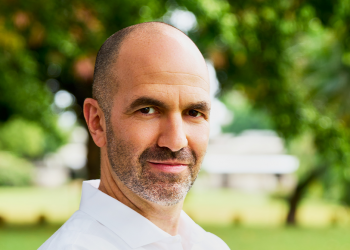
Ido Sum, one of five partners at TLcom Capital, is leaving after 14 years at the Africa-focused venture capital firm. Sum was instrumental in backing major African startups, including Andela, FairMoney, uLesson, Zone, and Autochek, representing TLcom on their boards and guiding their growth from early to growth stages.
Sum joined TLcom in 2011 and worked from their London office, helping build the company. Before TLcom, he was an entrepreneur who co-founded a broadband company in East Africa.
Why does this matter? TLcom Capital manages over $300 million. Sum’s exit represents a significant loss of institutional knowledge, given his deep relationships with portfolio founders and nearly 15 years of experience in Africa’s tech ecosystem.
Between the lines: When senior members leave established VC firms after this long, it could mean either new fund formation or major advisory roles. Even outside TLcom, Africa’s tech scene will likely keep feeling Sum’s influence.
Turn your hustle into an online store with Paystack!
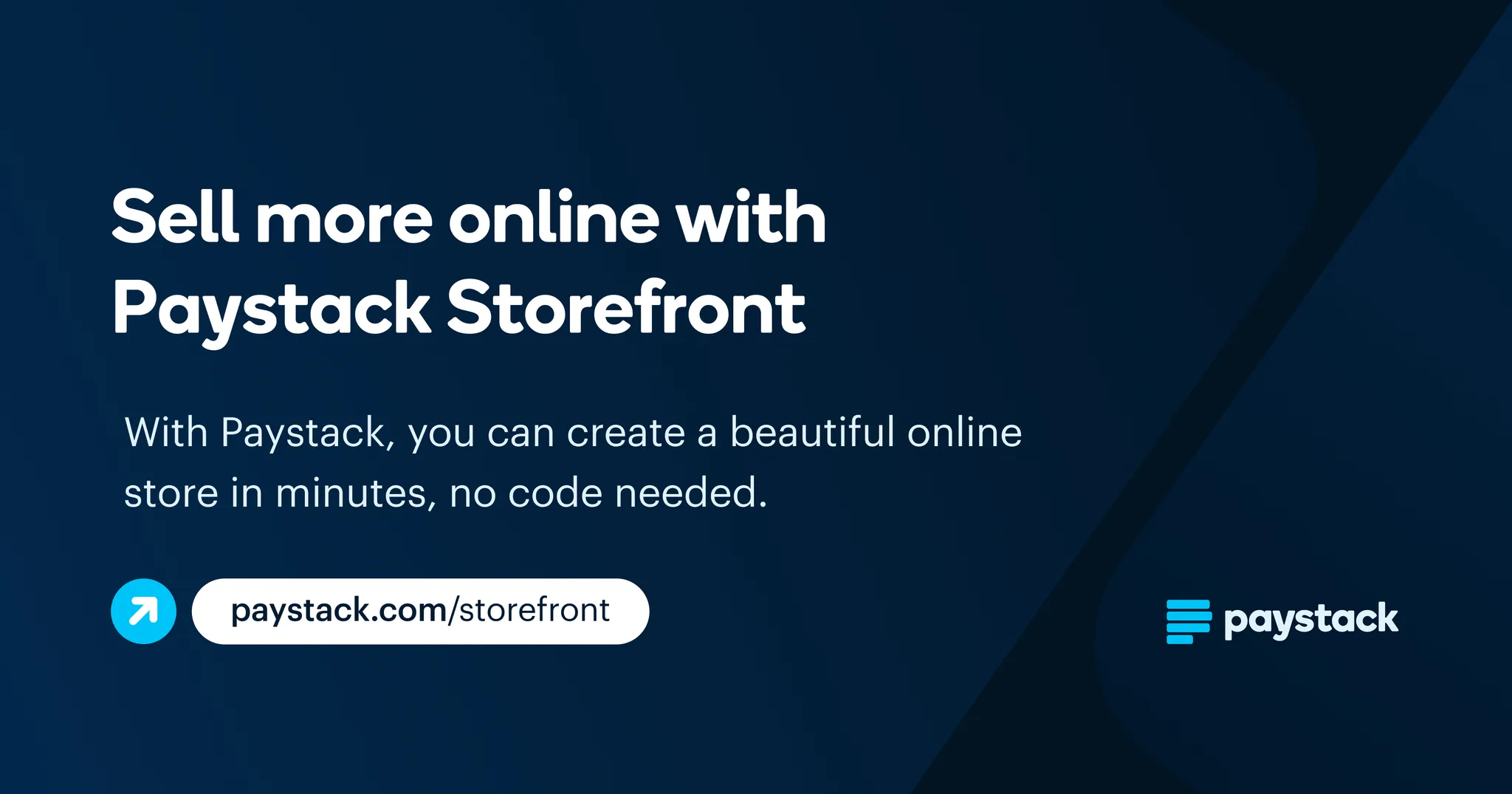
Anyone can sell online. With Paystack Storefront, you can create a sleek online store, share your link, and accept payments. No code needed. Get started here →
Ecommerce
Bolt brings parcel delivery to Kenya

Bolt is stepping into the parcel delivery sector with its new service, Bolt Send.
This platform will be active in Nairobi, Mombasa, Kakamega, and other towns. The move comes almost a year after the ride-hailing giant took on Glovo with the launch of its grocery and food delivery service, Bolt Market, in what signals its intention to expand its presence in Kenya’s logistics sector.
Why are they doing this? Kenya’s e-commerce sector is growing rapidly thanks to increasing internet penetration and rising consumer demand for convenience in shopping. Bolt wants a piece of the pie. Kenya’s e-commerce market is projected to hit $1.35 billion in revenue in 2025 and a market volume of $2.25 billion by 2030. You would be attracted to that kind of growth, too. In Johannesburg, Bolt has launched its parcel delivery service, which gives the company some handy experience in navigating urban markets.
How Bolt Send works: Customers can request deliveries directly through the existing Bolt app, tapping into the company’s vetted driver network. Users can track their parcels in real-time.
Bolt is entering a market where some players, like Sendy, have already packed up after running at a loss due to decreased order volumes and fuel price hikes. The company is betting that its existing ride-hailing scale, the convenience it offers, and its integration within the ride-hailing app will attract individuals and businesses, giving it an edge where others stumbled.
Why do Nigerian graduates fail to find jobs? Find out in Nexford’s article

Millions graduate yearly in Nigeria, yet jobs remain scarce. Many lack the right skills, while those who have them struggle with poor pay or move abroad. What’s the real issue? Read more on Nexford.
There Should Be An App For That! 
It’s almost the last quarter, and my New Year’s goal of learning how to drive has not come to pass. But there’s a little problem: I don’t want to go to driving school.
Which brings me to my point; there’s an app to order food, there are multiple apps to learn code, why can’t there be an app for you to learn how to drive?
I would like the innovators to consider this: there should be an app for that.
–Zia
If you would like to hear more things there should be apps for, Appstack by TechCabal comes out every Sunday, watch out for that.
CRYPTO TRACKER
The World Wide Web3
Source:

|
Coin Name |
Current Value |
Day |
Month |
|---|---|---|---|
| $111,678 |
– 0.45% |
+ 1.43% |
|
| $4,012 |
– 3.15% |
– 9.97% |
|
| $2.83 |
– 0.04% |
– 2.44% |
|
| $204.03 |
– 1.97% |
+ 8.46% |




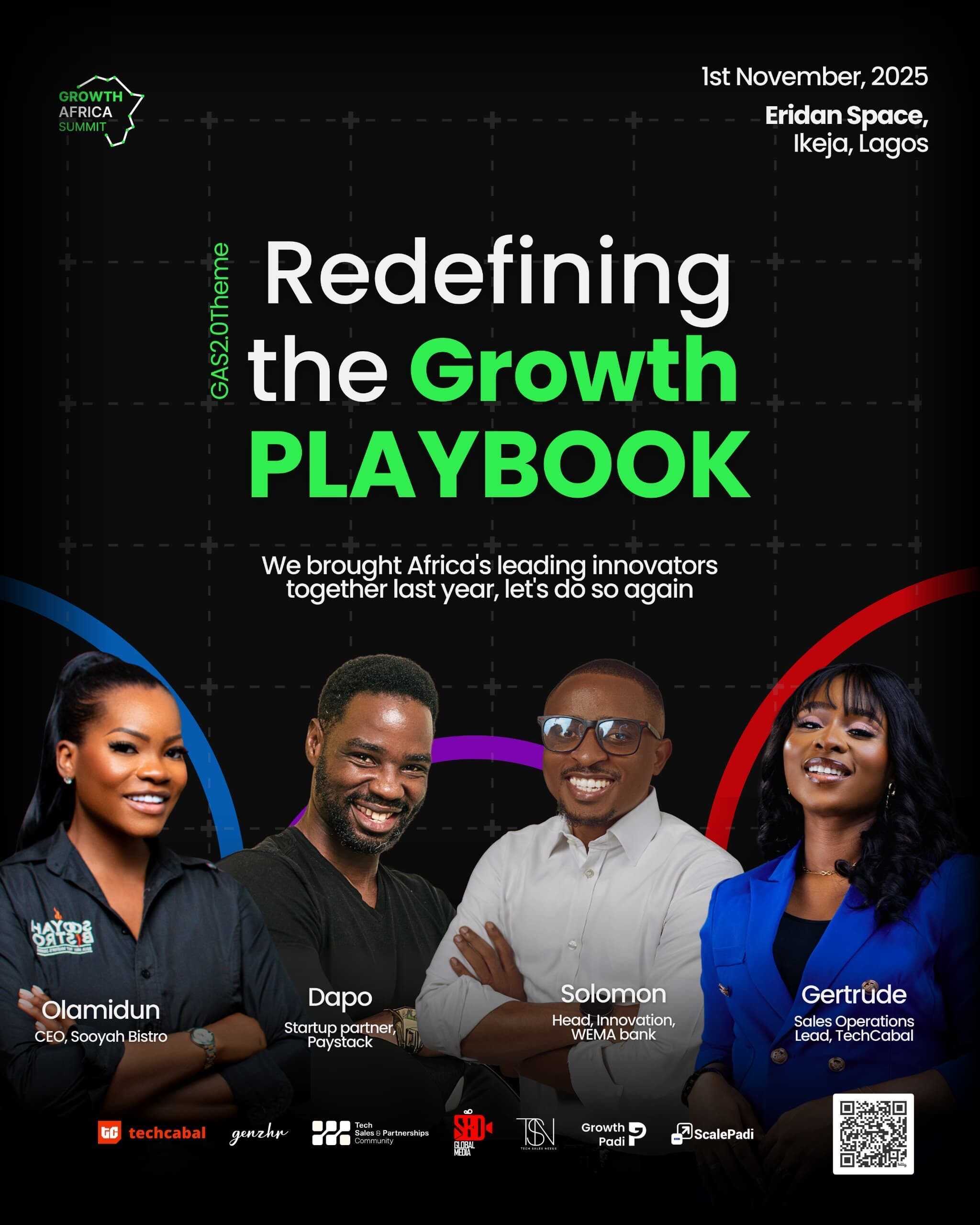


Write your views on this post and share it. ConversionConversion EmoticonEmoticon